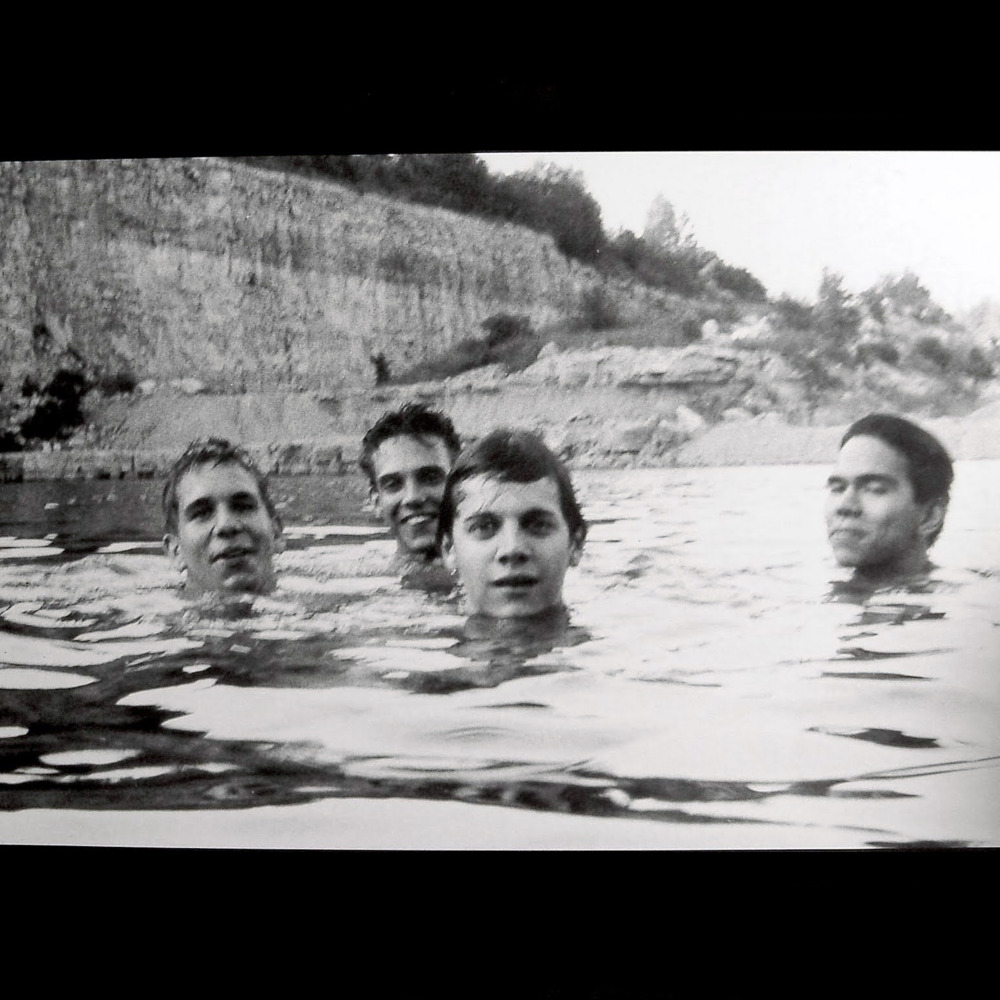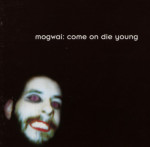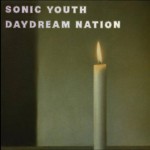Slint : Spiderland

In a feature article about the legendary record label Touch & Go, Jason Crock wrote only one sentence about Slint’s Spiderland: “You try to say something new about Spiderland.” Let’s face it — the dude has a point. Just about everything regarding that album has passed into the stuff of legend: the notoriously fractured four-day sessions that (maybe) forced band members into mental hospitals; the iconic cover photo of four heads bobbing in that picturesque lake (taken by Will Oldham, of all people); and, of course, the massive influence it has on post-rock, math-rock, and a lot of indie-rock in general. It’s the 1990s version of Velvet Underground & Nico or Paul’s Boutique. It defies reasoned critique, either positive or negative. Its importance cannot be overstated.
It’s also one crazy fucking listen. This is an album entirely suited for a particular mood, not one to be played on a summer drive or during a makeout session (at least, let’s hope not). At 40 minutes for six songs, the album takes on the feel of a particularly dark art-house movie; this could’ve been the soundtrack to Aronofsky’s Pi. It basically gives no quarter to any traditional understanding of what a rock song is supposed to be; the lyrics make little sense and are either whispered, mumbled, or (on “Washer”) amateurishly sung; the traditional “verse/chorus/verse” structure isn’t so much tossed aside as it’s flung headlong off a cliff. Dissonant solos squeal, tonal shifts pop up practically every verse, and every song moves with the unhurried menace of Anton Chigurh or the Terminator. The album has a dark foreboding few bands have ever tried to emulate, which is probably for the best.
I rarely ever listen to one song from Spiderland alone. It feels strange whenever I do, like I’m watching the horse’s head sequence from The Godfather without the rest of the movie to give it context. The album has to be taken as a whole, which is surely the way Slint wanted it (the album’s six songs were the only ones written for the album, and the band rehearsed them extensively before recording—no b-sides or studio jams here). And, as you would expect, this gives the songs the most resonance, emotionally and musically. By the end, you’re so wrapped up in the emotional starkness of the songs that the mood doesn’t lift until long after the final fuzzy chord fades away.
The more I listen to this album, the more little pieces of songs begin to stand out, dark spots on a massive sun. There’s the chiming harmonics that bookend “Breadcrumb Trail” and its weird story of fortune tellers, roller coasters and vomit. “Nosferatu Man”‘s crunching 5/4 guitar blasts, broken up by snare shots and drumstick clicks. Or the weird 10-second “song” at the end of “Don, Aman” that floats by like a half-remembered dream. One could listen to this album 100 times and find a new detail—a lurching guitar riff, a muttered spooky lyric—that had gone unnoticed up to that point.
“Good Morning, Captain,” the album’s finale, is the exception: I never fail to be blown away by every last second of the song. Lurching along as though seasick, the bass pounding out the same seven shuddering notes, Brian McMahon sing-speaks a tale of a crazed sailor confronted by a ghostly childlike apparition (at least, that’s what I’ve gathered). At certain points the song shifts into a crashing “chorus,” with a nasty blast of fuzzy guitar slamming my eardrums. A clanging guitar solo of sorts pops up. Then, suddenly, McMahon screams “I MISS YOU!” as the band whips into a furious climax, and everything dies away in a final squall of feedback. It’s a breathtaking way to bring the album to a close.
I don’t think I’ve said anything new about Spiderland. I don’t think I meant to, anyway. I wanted, in the space given me, to sum up why this album has received every word of praise (including those I’ve just written), every star in a review, and every space in a music collection since its release in 1991. I hope I’ve succeeded.
Similar Albums/ Albums Influenced:
 Mogwai – Come On Die Young
Mogwai – Come On Die Young
 Sonic Youth – Daydream Nation
Sonic Youth – Daydream Nation
 Mission of Burma – Vs.
Mission of Burma – Vs.

